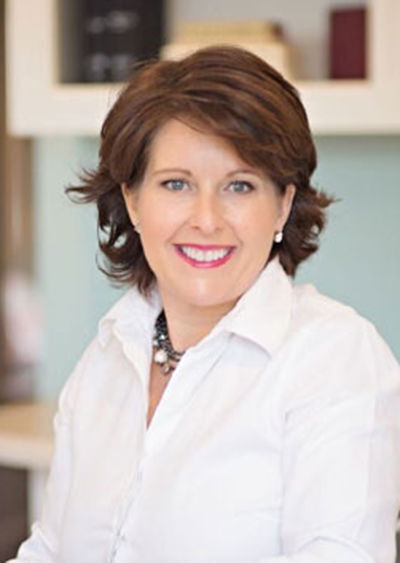Think about the people you admire most. What do they have in common?
Have they achieved a certain level of economic or social success? Perhaps you admire their values, like their stick-with-it attitude or creativity. Maybe it shows up in personal ways, like someone who always shows up with kindness.
Extrapolating out what successful (however you define that) people have in common helps us chart our roadmap to get there, too.
That’s why I was so interested in the new book by Dr. Ruth Gotian, “The Success Factor: Developing the Mindset and Skillset for Peak Business Performance.”
After extensive study of successful people in a variety of professions and cultures, Gotian identified four key factors that differentiate these people. And what I love about these factors is, for once, they seem doable.
I’ve found most books about success to be, honestly, kind of annoying. If one more person tells me that you must wake up at 5 a.m. every day to be successful, I’ll scream.
Instead, Gotian takes a different approach. She examines what successful people — from astronauts to noble prize winners, athletes, CEOs and more — have in common (and hint, it’s not a wakeup time).
Through her research Gotian identifies the four factors that made these people successful, and how we can emulate them.
- Tap into your intrinsic motivation. What are you passionate about? Sometimes it’s easier to see in someone else — their whole body relaxes, their face lights up, and they start talking faster.
Gotian points out, this intrinsic motivation is different than what other people judge you on (promotions, awards, etc.) When you identify your intrinsic motivation, follow it.
- Develop deep perseverance. No, you don’t need to start working 18 hours per day.
According to Gotian, it’s about working smarter not harder, even more specifically, tapping into your peak cognitive hours.
Leveraging your peak cognitive hours (like if you’re a night owl) to do your most important work gives you the highest ROI on your brain. Working this way ups your creativity and makes you more resilient.
- Establish a strong foundation. A strong foundation means tapping back into the skills you likely learned earlier in your career. For example, a basic exercise for salespeople is role-played sales calls.
Like, where your peer or manager plays a customer, and you play yourself, the seller, and you practice. The challenge is, people let go of the basics once they start to get traction.
The very skill drills that made them successful get left behind. But according to Gotian, holding on to those foundational elements push you further to success.
- Be constantly learning through informal means. Going into a classroom eight hours per day isn’t sustainable for most people. Yet, you can open your mind to new knowledge.
You can learn through blogs, podcasts, LinkedIn Live, conversations with mentors, the possibilities are literally endless. Successful people are learning and applying that learning to their various pursuits.
Success isn’t necessarily an end state, it’s a practice. What I love about this book is how actionable and accessible these practices become. I’ll close with one of my favorite quotes on this topic (and one Ruth and I talked about) on LinkedIn Live:
“Success is not final; failure is not fatal: it is the courage to continue that counts.” — Winston Churchill.


